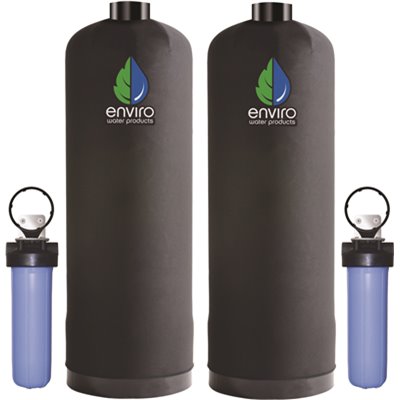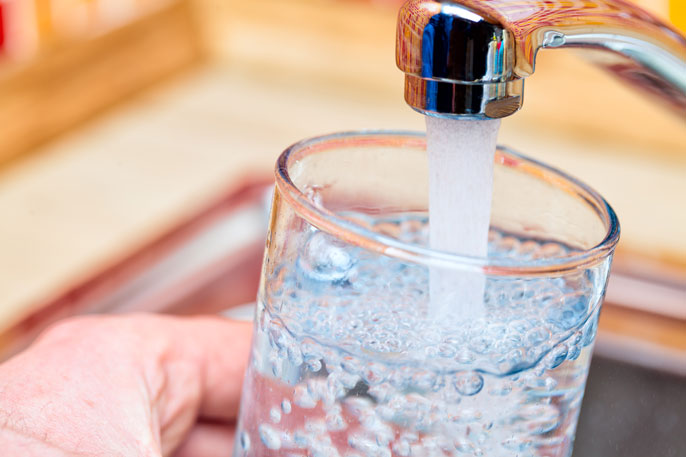The quality of the water that flows through your home can make or break your family’s health and quality of living. Some of the most common contaminants in residential water supplies include disease-causing bacteria, lead, and sand and grit. Obviously, dirty water that has bacteria, mildew, dust, dirt, and other particles in it is unsafe to drink or use to brush your teeth, shower, or wash dishes.
Hard water, which is water that has higher deposits of minerals—such as calcium and magnesium—in it can cause less dangerous but still very annoying problems. Hard water can leave stains on your dishes, even after you’ve run them through the dishwasher. It can also be difficult to get your hair feeling clean when you wash it in hard water, and clothes washed in hard water tend to feel rigid and stiff rather than clean and soft.
There are many different contaminants and mineral deposits that can affect the quality of the water in your home. If you think there might be some undesirable substances in your home’s water supply, you should test your home’s water quality to find out for sure.
How to Test Your Home’s Water Quality
Testing your home’s water quality might seem like a daunting task, but it is actually quite simple to do yourself. You can easily purchase a water quality test kit for a fairly low price online. Standard water quality test kits come with special test strips that are designed to turn different colors as responses to different contaminants that might be present in your home’s water supply. For example, the test strip might turn purple if there is manganese present in your water supply or green if there is bacteria present.
The most common water quality test kits test for common contaminants such as bacteria, lead, chlorine, hardness minerals, and pesticides. If you are concerned about a specific contaminant in your water, make sure to buy a water quality test kit that tests for that specific contaminant in order to get the most accurate results.
When you use water quality test strips, make sure to dip different strips in water from different areas of your home. For example, dip one test strip in water that comes from your master bathroom faucet and dip another in water that flows out of the showerhead in your downstairs guest bathroom. Testing several different samples will help give you a better idea of the water quality throughout your entire home rather than just in one area or from one faucet.
How to Improve the Water Quality in Your Home
One of the best, easiest, and most convenient ways to improve the water quality in your home is to install a water filtration system in your home. There are several different types of water filtration systems that can be installed in your home.

Enviro Water Filtration
If you are located in the Riverside County area and are interested in getting a water filtration system installed in your home to improve the quality of the water that flows into your home, give Accurate Leak Locators a call today. Accurate Leak Locators is a plumbing services and leak detection company that offers installation of state-of-the-art water filtration systems for their valued residential customers.
Accurate Leak Locators install Enviro Water filtration systems in the homes of their residential customers. These water filtration systems are leak-resistant, salt-free carbon filtration systems that are designed to filter contaminants and minerals out of your water supply, leaving your water clean and soft. These water filtration systems will also not increase your electricity bill, as they are not dependent on electric power.


